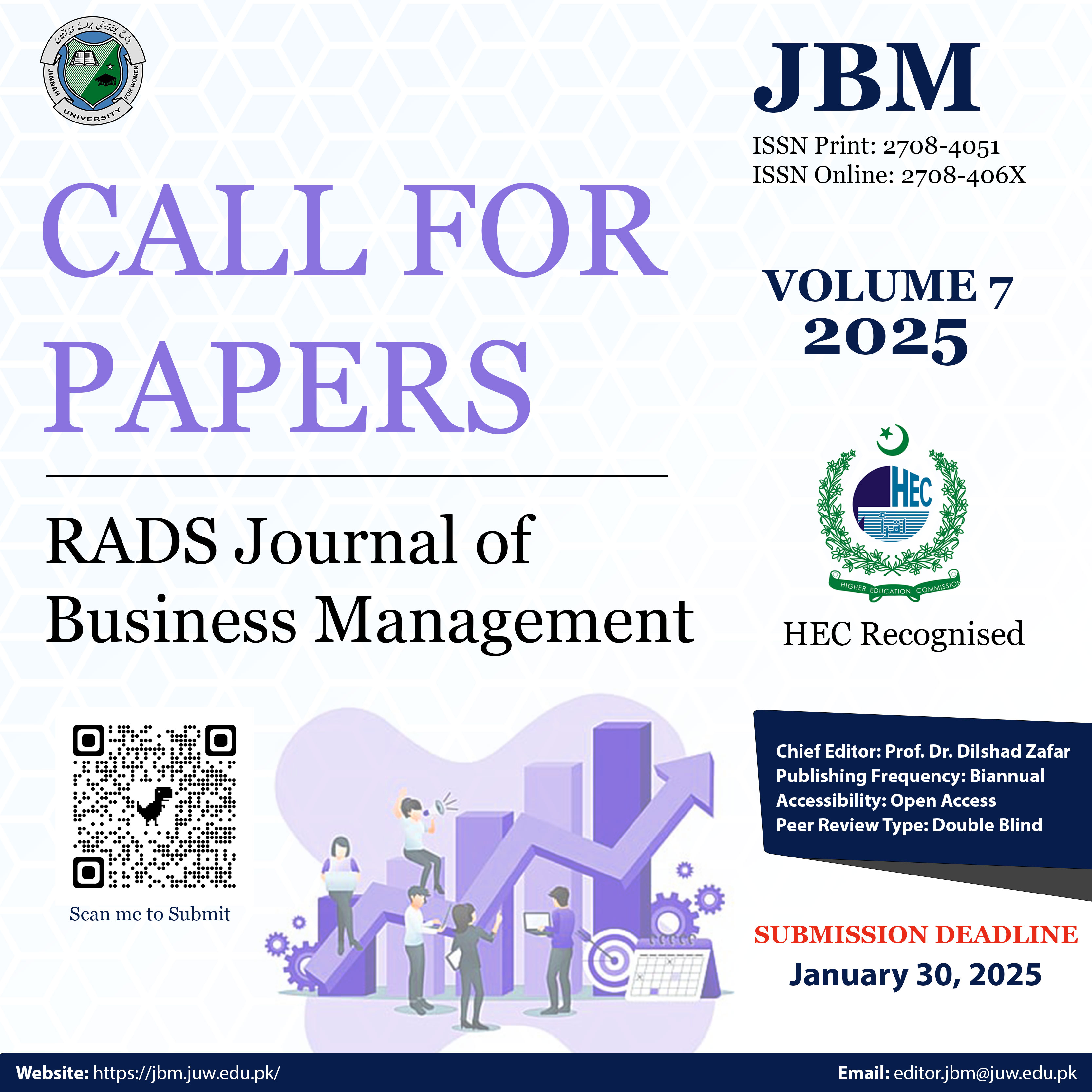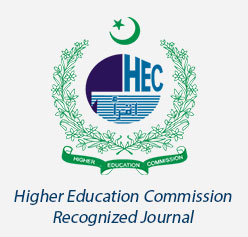Impact of Fiscal Policy on Economic Growth: A Panel Data Analysis across Political Regimes
Abstract
The relationship between the policies of different political regimes (Democracy and Dictatorship) and economic growth is a topic of debate for political economists since the time when democracy was introduced in the West. Many scholars have endeavored to explore the direct and indirect impact of (the policies of) political regimes on economic growth, but the myth is still unrevealed. The present study intends to shed some light on the impact of political regimes on economic growth through the channel of fiscal policy. The discussion revolves around the effectiveness of fiscal policy variables towards economic growth under different political regimes and to seek the possible reasons for the said relationship. The study uses a panel data of 159 countries over the period 1978-2018. The System GMM (generalized method of moment) has been applied for the analysis that is supposed to tackle effectively the issue of endogeneity. The study proceeds through testing of different behavioral assumptions; for instance, that democratic countries formulate more efficient fiscal policies, which are pro-growth in nature, or that autocratic countries spend public money for their own interests and for the interests of pressure groups, or that the credibility of democracies among the public is stronger as compared to dictatorships and therefore tax collections are more rewarding in democracies, or that democratic regimes spend more on the social sector (health and education) as compared to dictatorships, which leads to higher economic growth though human resource development. The results indicates that the effect of government expenditure is significant and positive on economic growth in democracies relative to dictatorship. Similarly, tax rate shows positive and significant implication on economic growth in democracies while the variable is insignificant in dictatorship. In conclusion, we can safely argue that democracies design effective fiscal policies as compared to non-democratic regimes.
The author retains the copyright and grants the right of first publication to the journal.





